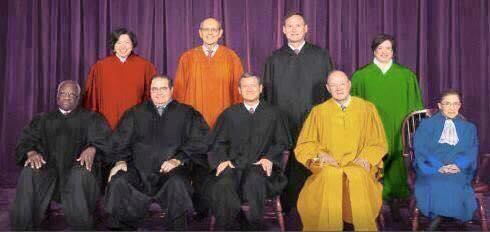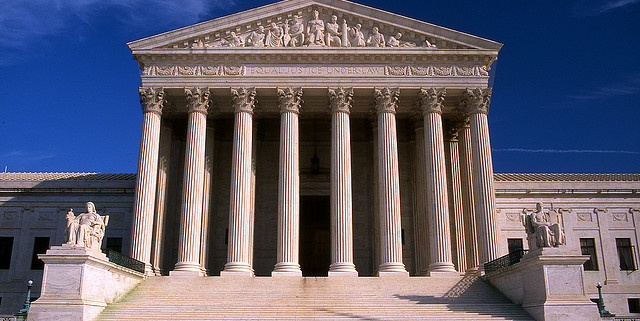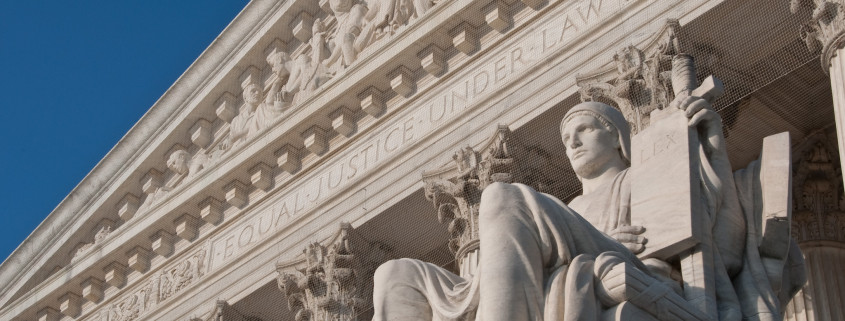Everything You Need to Know About H-1B Visas in 2022 for FY 2023
H1b visa season is quickly approaching! Here are some key things you need to know about the H1b visa program.
News Update: Oliver-Zhang Law is now offering FREE service for the electronic registration process (typically $450 dollars) if you retain us for your H1-B application. If you are not selected in the lottery, your attorney fee will be returned in full.
H1b visas are temporary work permits that allow individuals with special skills and education to work in the United States for up to three years; however, extensions may be granted. The minimum requirements are a bachelor’s degree and specialized skills. There are three H1b visa designations: Specialty Occupations (jobs with specialized responsibilities requiring expert knowledge and a bachelor’s degree or higher in a related field), DOD Research and Development Project Workers, and Fashion Models. An eligible employer (“petitioner”) must sponsor the prospective worker (“beneficiary.”). One of the benefits of this program is that spouses and children of H1b visa holders may accompany the beneficiary.
The Cap:
A unique aspect of this visa program is the “Cap.” Each fiscal year, the federal government sets
aside 65,000 new H1b visas for eligible candidates. An additional 20,000 visas are reserved for
individuals with a master’s degree or higher from a U.S. institution. USCIS also created a cap
exemption for individuals employed by an institute of higher education or an affiliated nonprofit entity; a nonprofit research organization; or a government research organization.
Registration and Lottery:
Since the government only issues a limited number of H1b visas, candidates are subject to the
visa “lottery.” This lottery is akin to a raffle that is essentially broken down into two phases: Advanced-degree candidates and remaining registrants. In 2020, USCIS streamlined H1b procedures by implementing an Electronic Pre-Registration process. Under this new system, petitioners must first register online and pay the $10 fee for each beneficiary. Next, USCIS randomly selects participants from the online registries.
One of the greatest advantages to this new system is that only basic information about the
prospective petitioner and worker is needed. Prior to 2020, petitioners were required to submit
complete petitions before the lottery draw. Now, petitions are submitted after the lottery
selection, saving participants time and money.
H1b Application:
Putting together your petition packet is a crucial endeavor. If you are selected to participate in the H1b program, you will need to complete these three general steps:
1. For specialty occupation and fashion models, the petitioner must submit and receive a Labor Condition Application certified by the Department of Labor.
2. The petitioner must complete and submit Form I-129, Petition for a Nonimmigrant Worker.
3. For beneficiaries outside the U.S., you will need to apply for a visa and/or admission. The beneficiary may apply with the U.S. Department of State at a U.S. Embassy or consulate abroad. Prospective H1b workers, regardless of whether a visa is required, must apply to U.S. Customs and Border Protection for admission to the U.S. under the H1b
classification.
There are many benefits to the H1b visa program. If you have questions about H1b visa procedures, contact one of our experienced immigration lawyers today for a free immigration consultation. At Oliver-Zhang Law, our employment immigrations lawyers are committed to providing you with quality immigration help.
References:









